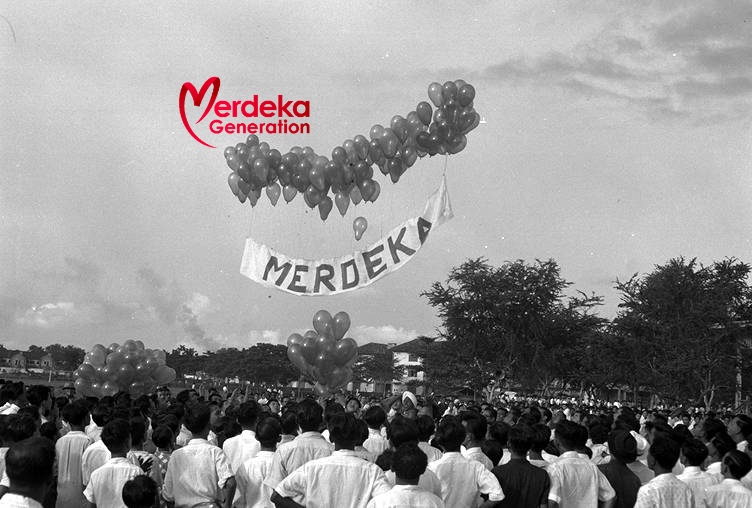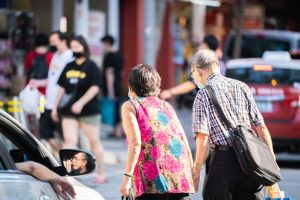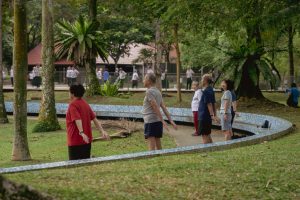In a curious inversion of the Western tradition, we in Singapore name generations not as they are born and come of age, but as they age into their own slice of the ever-expanding Budget packages; for the benefits they are slated to receive in their Golden Years.
Pew calls them the Silent Generation, we called them the Pioneers; the early Baby Boomers are now labelled Gen Merdeka in Singapore. We are the Millennials, Generation ‘Why’, and the first explorers of the Internet Age. What’s in store for us?
Budget 2014 had healthcare subsidies for Pioneers; budget 2019 has healthcare subsidies for Merdeka (neers?). What’s the big difference? Won’t our package be simply more subsidies?
As always, the devil is in the details. The Merdeka package has five prongs, four of which are healthcare cost-related: The MediShield Life subsidies, 25% public health institution subsidy, $1.5k CareShield participation incentive, and at least $200 Medisave top-up.
It is the fifth prong that distinguishes it from the Pioneer package—a $100 Passion Silver Card top-up. The Passion Silver Concession Card allows senior citizens to pay cheaper public transport fees, but it can also be used to pay for facilities at CCs and public swimming pools.
The intent is clear: get off your butts, ye Silver Foxes, and start splashing.
If the Merdeka generation needs to exercise, what will we need when we join the demographic of the ‘elderly’, and what will we want provided for us? Which label will come to define this generation in Singapore’s history?
Option 1: Generation Oxley Road
Before we get into all that, we need to answer one question: what characterises the ethos of this generation in Singapore’s history? What is the political zeitgeist of our times?
It’s best expressed not in a word, but in a picture.
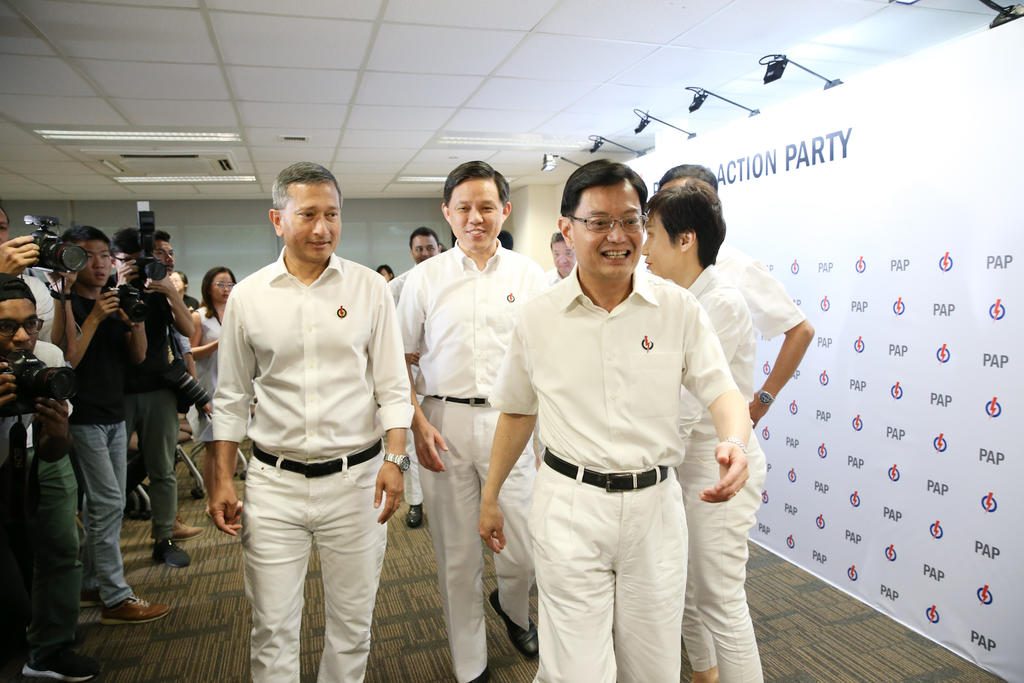
After a lifetime in His shadow, the country is set to no longer be steered by His guiding hand, or that of His descendants (one can hope). The heirs’ squabble over his dynastic abode, Oxley Road, appears symbolic of a greater political interregnum, one that the present Finance Minister and his contemporaries will soon hope to fill.
Generation Oxley Road will not want cash handouts; they will want stability in a fast-changing world. They will want assurance that the government is going to do well, that leadership will transition smoothly and effectively.
Generation Oxley Road will see a reckoning with the HDB lease system as the first leases start to expire. They will want land for their roots in an increasingly land-scarce country.
But one thing remains certain. As with all the generations before them, they will want their CPF money back. Always. Because some things never change.
#returnmyCPF
Option 2: Generation Avocados & Ethical business
The political landscape, however, is not necessarily so much a determinant of social norms as it is a symptom of them. So what are the social norms that will immortalise us?

Between ‘14 and ‘16, percentages of those volunteering nearly doubled. In the future, Generation A&E will be the ones demanding that Temasek Holdings divest itself of enterprises that engage in unethical business practices and harmful behaviours. Companies that engage in positive acts of Corporate-Social Responsibility (CSR) will be rewarded by the public, while companies that fail to do so will be frowned upon.
In 2060, Generation A&E will demand a package that subsidises healthy behaviours like the Merdeka package does, but to a wider extent. They will also ask for greater emphasis to be placed on the needy and underprivileged in society, as rising inequality trends clash against greater awareness and a desire for social justice.
Option 3: Generation Climate Change
Beyond Singapore, Generation CC is faced with the mounting international challenge of climate change control. While the population of raggedy men holding cardboard signs reading “The End is Nigh!” quadruples in number, the rest of Generation CC will be forced to contend with the burden left by every generation before it.
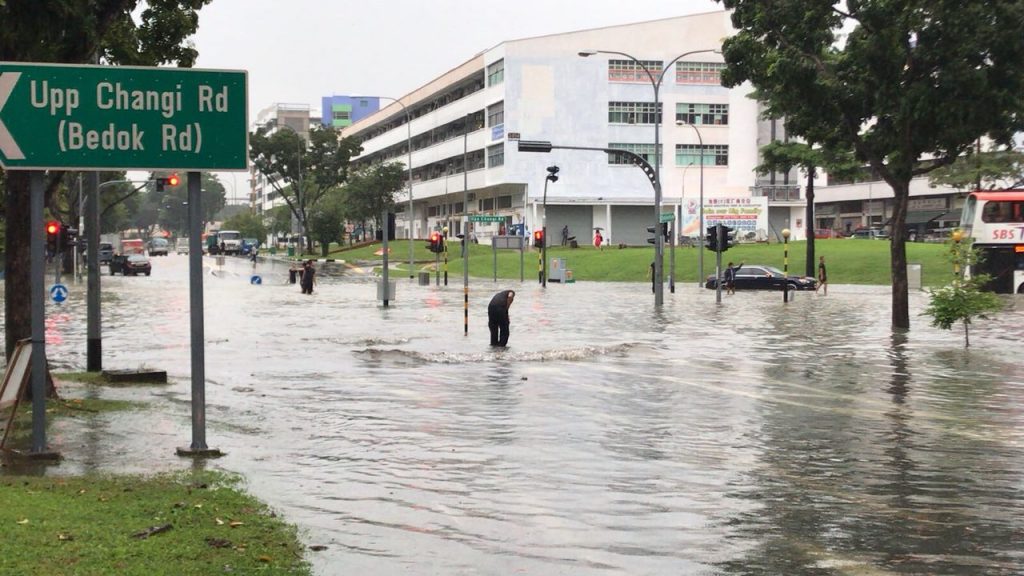
Whose Gen Is It Anyway?
We could be identified as any of the above generations, or we could be all of them. Each generation faces collective challenges and trials in their lifetimes; each generation deserves insulation from the vulnerability that is baked into old age.
On one level, naming our generations by benefits packages is just plain silly, but on a deeper level, perhaps it signposts a commitment to the elderly that Singapore will not leave them behind.
Or maybe it’s just another round of Cards Against the Generation, played by a bored political class looking for ways to spice up pre-election packages. Either way, I’m game.

